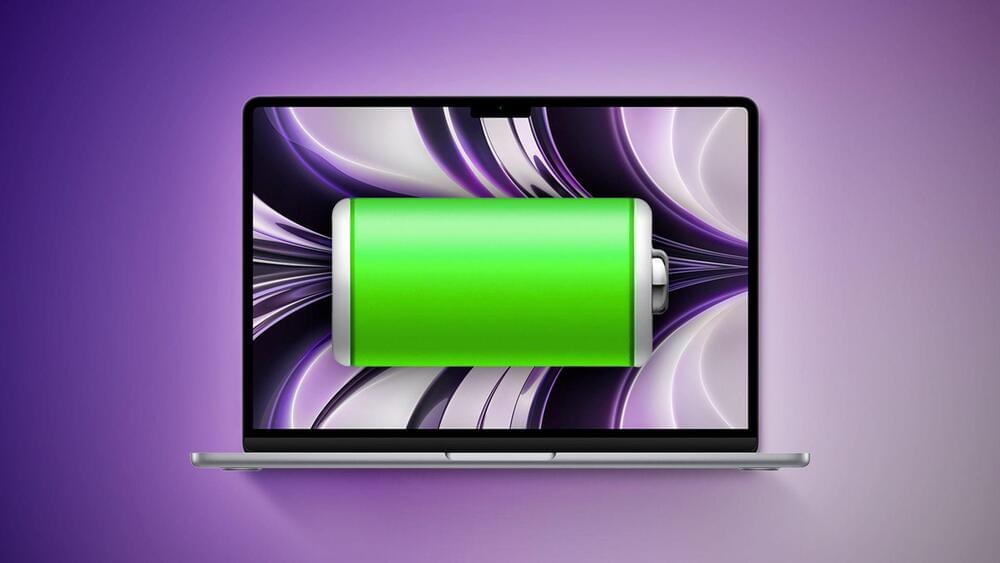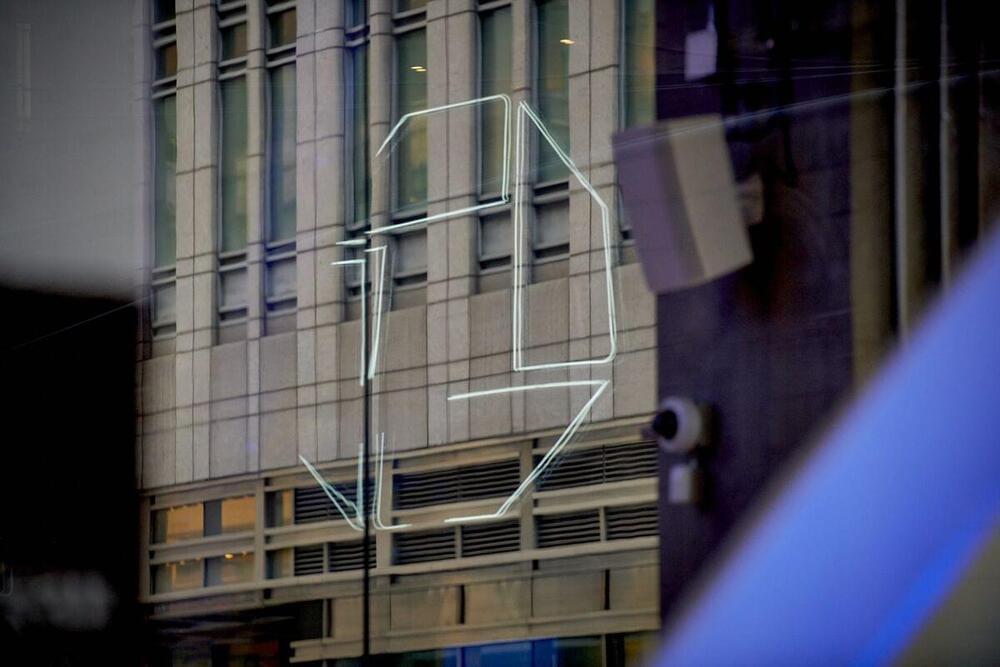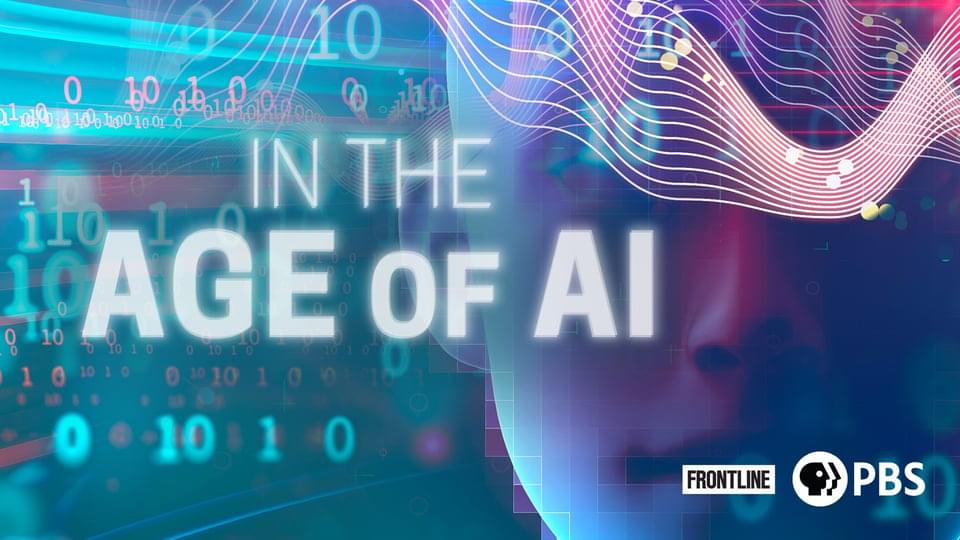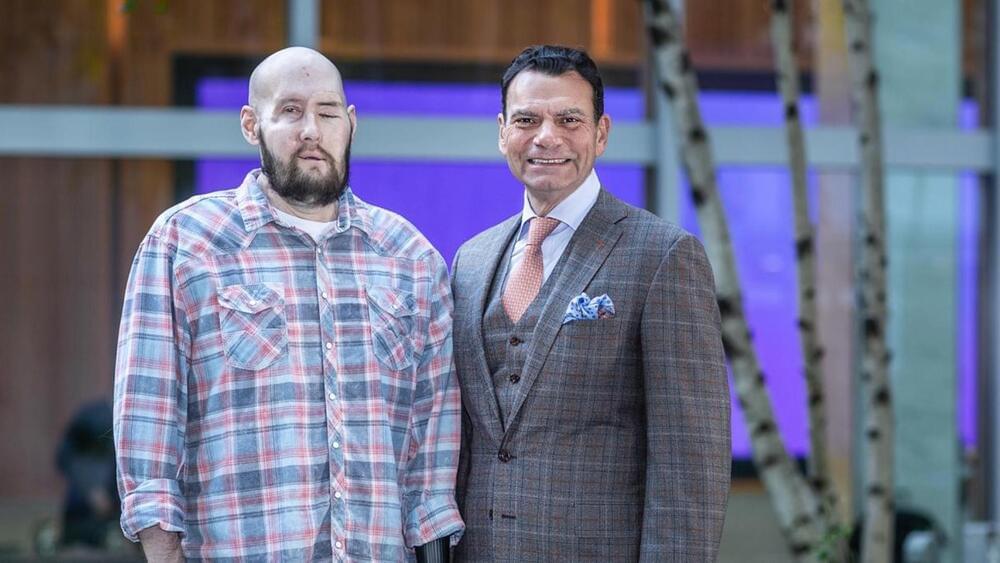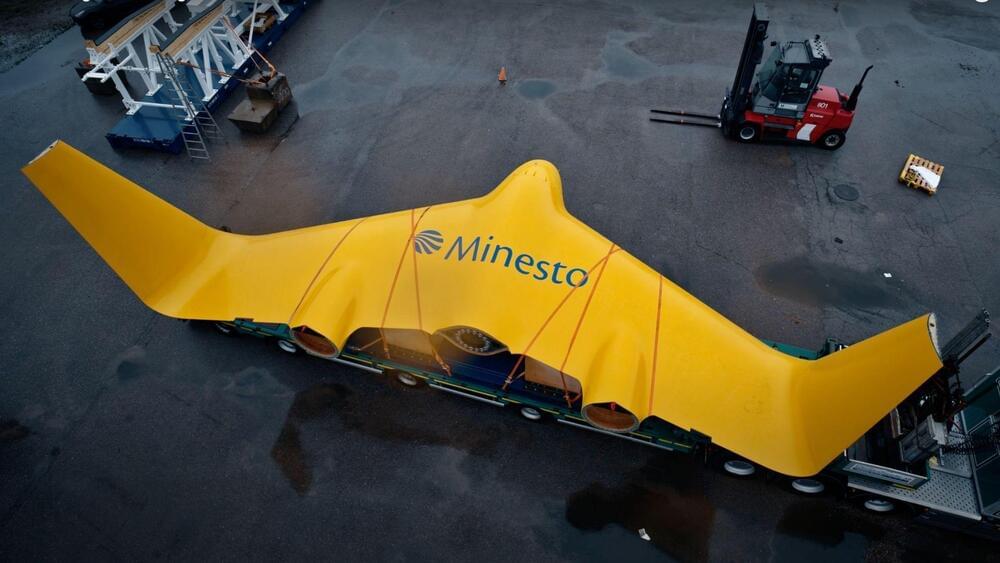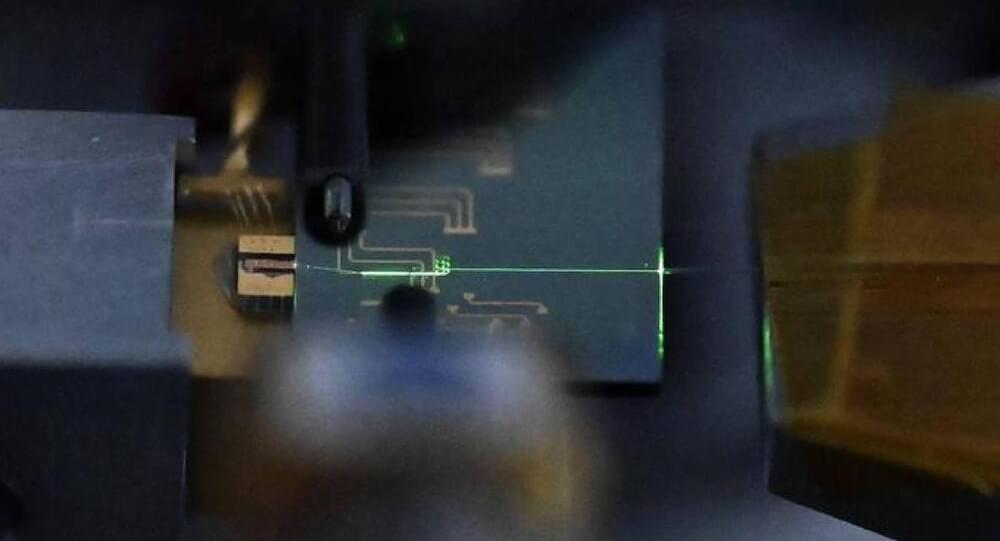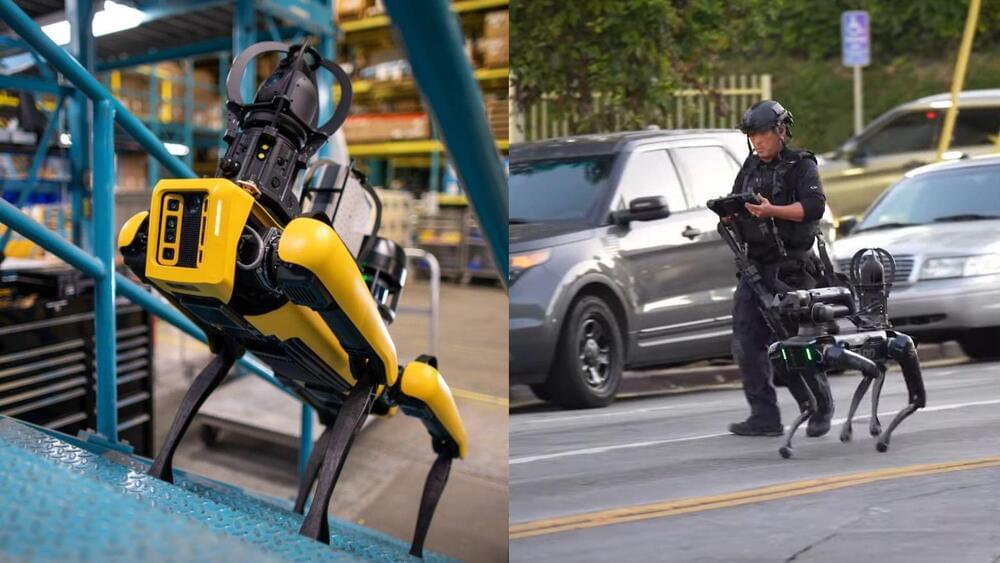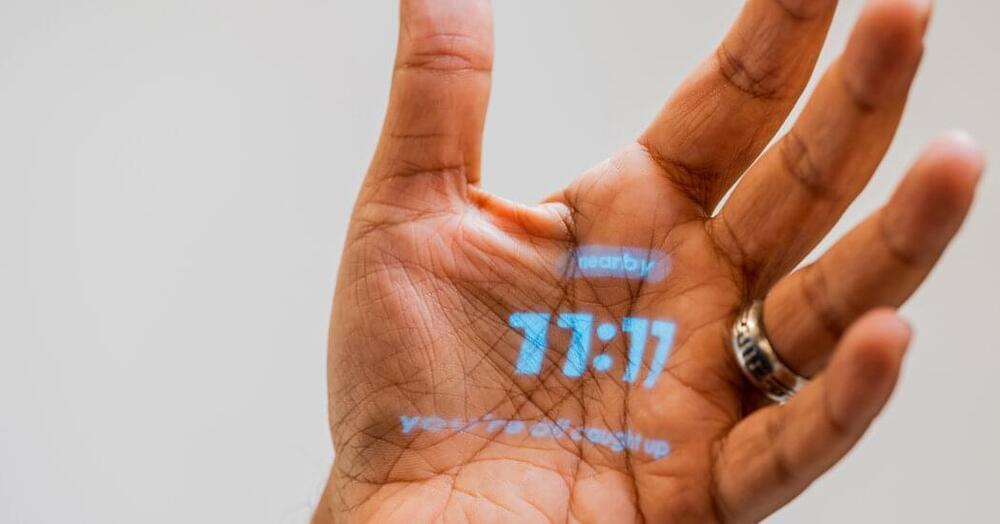Apple is developing custom batteries with significantly improved performance that it aims to bring to its devices starting in 2025, ETNews reports.
Apple’s custom battery technology has reportedly been in the works since 2018, with the company actively seeking patents and hiring new personnel related to the project. The company is reportedly seeking to create an “all-new” kind of battery with significantly improved performance by becoming directly involved in its use of materials.
